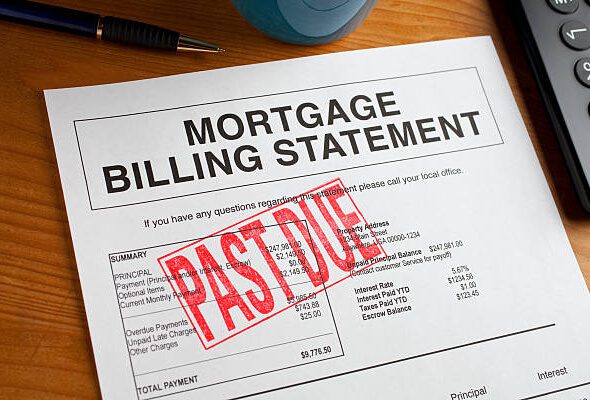Dive into the intricate world of mortgage refinancing with Sire Finance, where we guide you through the process with expert precision. Despite the challenging interest rate landscape, there may be compelling reasons to explore refinancing options.
Let us illuminate the common paths available to you and weigh the advantages and disadvantages to help you make an informed decision about your mortgage future.
How Does Refinancing Work?

Refinancing a mortgage means replacing your existing loan with a new one that offers more favorable terms. This can result in lower monthly payments, reduced interest rates, and potentially owning your home sooner.
Understanding the steps of refinancing can help you navigate the process smoothly and reap the benefits of saving money in the long run. Here are some of the potential steps:
Assess Your Situation
Lenders will review your credit history, income, and equity in your home to determine your eligibility for refinancing a mortgage. Meeting these criteria may result in better terms on a new loan.
Lenders will assess these factors when considering your application for refinancing:
- Credit history and score
- Payment history on your existing loan
- Income and employment history
- Equity in the home
- Home’s current value
- Other debt obligations
A lower credit score or higher debt could impact your ability to secure favorable terms when seeking a new mortgage. It is important to consider these factors before proceeding with a new loan.
Shop Around
Reviewing the pre-approval process with multiple mortgage lenders is crucial to effectively compare interest rates and other terms. Doing so maximizes your chances of finding the most favorable offer. Additionally, it’s important to compare refinance offers with each other and your current mortgage loan terms to decide whether refinancing benefits you.
Run the Numbers

After selecting the best mortgage offer, it is important to carefully evaluate the potential savings compared to the possible costs. It is crucial to ensure that your breakeven period is reasonable for you.
Use Sire Finance’s mortgage calculator to determine the monthly savings and break-even point by dividing the closing costs by your monthly interest savings. If it takes over eight years to break even and you plan to sell within five years, reconsider whether refinancing is viable.
Additionally, be wary of prepayment penalties; they might lead to issues in the future if you decide to pay off your current mortgage early or refinance.
Submit Your Application
Once you have selected a lender, the next step is to finalize your loan application and gather all the necessary documents. The application process typically involves providing detailed information about yourself, your property, and your mortgage.
Many lenders now offer online applications where you can upload digital copies of the required paperwork. Be sure to have all your documents ready for submission when completing your official loan application with the chosen lender.
This may include:
- Recent pay slips
- Recent bank statements
- Tax returns
- W2-Forms
- Business income statements
- Investment account statements
- Employment history
- A copy of your government-issued photo identification
Promptly submitting all required documents and swiftly responding to follow-up requests can speed up the application process. On average, the entire approval process takes 30 to 45 days. By actively participating and providing necessary information promptly, you can enhance the overall efficiency of the process.
Close Your Loan
Once your financial credentials have been verified and there are no issues with the inspection or appraisal, your lender will proceed with processing the loan. They will then schedule a closing date on which your current loan will be paid off, and you will assume responsibility for the new refinance loan.
It’s important to factor in the closing costs associated with refinancing, which our expert mortgage advisers at Sire Finance will gladly help with.
How much does refinancing cost?

While refinancing has the potential to save money over time, it does come with initial costs. These upfront fees typically mirror the expenses incurred during the original home purchase, such as:
- Lender fees (including mortgage application fees, loan origination charges, and mortgage points),
- Third-party fees (e.g., the appraisal fee, document recording, and a credit check),
- Title search/insurance fees
- Escrow costs for property taxes and homeowners insurance
Closing costs for refinancing can vary greatly based on factors like credit score, loan amount, and property location. To save money, shop for a lender with competitive rates and fees. Before refinancing, ensure the financial benefits outweigh the costs and that you plan to stay in your home long-term.
When to refinance a mortgage
Deciding to refinance your home loan can be complicated. Factors such as interest rates, loan terms, and financial goals can all play a role in determining if refinancing is right for you. Consider these factors carefully before making a decision.
Reasons to Refinance a Mortgage
Here are some possible reasons to refinance your mortgage:
Lower interest rate and payment
If your credit score has increased or if the market interest rates have decreased since obtaining your initial loan, you may have the opportunity to reduce your interest expenses and monthly payments by refinancing through a rate-and-term refinance loan.
This option allows you to take advantage of lower rates and potentially save money in the long term.
Change rate type

If you initially opted for an adjustable-rate mortgage (ARM) to secure a lower initial rate, you may feel the strain of managing its fluctuations as rates rise. Transitioning from an ARM to a fixed-rate mortgage can provide stability by locking in consistent payments and avoiding future adjustments. This switch will offer predictability and make your home loan more manageable in the long run.
Change the loan term
Refinancing to a shorter term can yield significant financial benefits, including saving money on interest charges and expediting the process of becoming debt-free.
While opting for a higher monthly payment may initially seem daunting, the long-term advantages of paying off your loan sooner and achieving mortgage-free status cannot be overlooked. Ultimately, transitioning to a shorter term can result in substantial savings on interest payments over time.
Tap into your home’s equity
A cash-out refinance can be a valuable financial strategy for homeowners with substantial property equity. The funds obtained through this process can provide flexibility to address various financial goals, such as debt consolidation or home improvements.
By leveraging the equity in your home through a cash-out refinance, you may achieve important financial objectives while benefiting from potentially lower interest rates than other forms of borrowing.
Pay down your balance
Cash-in refinancing is a less common option that some homeowners may find beneficial. This involves putting additional funds into your mortgage to reduce the balance rather than taking cash out. This approach can be useful for those who owe more on their loan than their home is worth or those looking to eliminate private mortgage insurance payments.
Downsides of Refinancing a Mortgage

Refinancing is often an exceptional choice; however, it is not suitable for everyone. Consider the following scenarios before refinancing:
Might increase your monthly payment or overall interest costs
Refinancing can have different outcomes based on your approach. Extending the loan term can lower monthly payments but increase the total interest paid.
Opting for a cash-out refinance can raise monthly payments and accrue more interest due to a higher loan amount. Timing is important, as refinancing during high market interest rates or with a lower credit score can result in paying more in total interest.
Monthly Payment Could Increase
One potential drawback of refinancing is the possibility of higher monthly mortgage payments. This could occur if you choose a shorter repayment period, increasing monthly payments, as you have less time to pay off the loan.
While this may allow you to become mortgage-free quicker, it may not be the best choice if you cannot afford the higher payments.
High closing costs
Refinancing is akin to getting a new mortgage, as you must pay closing costs ranging from 2% to 6% of your new loan amount.
These fees include the application fee, loan origination fee, home appraisal fee, homeowners insurance, and lender fees. Assessing whether the potential long-term savings justify the upfront refinancing costs is important.
Market conditions can affect your options
When considering refinancing a loan, it is important to remember that better terms are not guaranteed, especially when interest rates are rising. It is essential to carefully weigh the potential benefits and risks before refinancing.
Negative credit impact
When you apply for a mortgage loan, your credit report will be checked with a hard inquiry, potentially causing a slight decrease in your credit score. It’s important to note that multiple inquiries within a short period usually only impact your score once.
However, continuing to shop around for rates will take several months and could lead to a greater decrease in your credit score due to numerous inquiries.
Affects the length of your credit history
It’s important to be aware that refinancing your mortgage can impact your credit score, particularly if your current mortgage is one of your oldest debts.
Since the age of your loans and accounts makes up 15 percent of your FICO score, replacing an old mortgage with a newer one could decrease your credit score. Before proceeding with a refinance, assess the age of your lines of credit and credit accounts to determine the potential impact on your overall score.
Late or missed payments could hurt your credit score

Refinancing and replacing one mortgage with another can be confusing when keeping track of payment schedules.
This confusion can lead to missed payments, impacting your credit score significantly. Maintaining clear communication with your lender is vital to making timely payments and preventing a larger credit score decrease post-refinance.
Loan starts over
When refinancing your mortgage, you will ensure the remaining time left on your current mortgage will be paid off under the new loan terms. The duration of your new mortgage could extend the time you make monthly payments, depending on how long you have had your current mortgage and how long the new one will last.
Ready to Take The Next Step?
While reducing your monthly repayments, refinancing can be an excellent method for saving thousands throughout your loan. To ensure the savings outweigh the expenditures, it’s crucial to conduct a careful analysis beforehand.
If you’re considering refinancing your mortgage or want to learn more about your options, contact us today and speak with one of our experts and dedicated Sire Finance Mortgage Advisors, or fill out a contact form to schedule an appointment.




